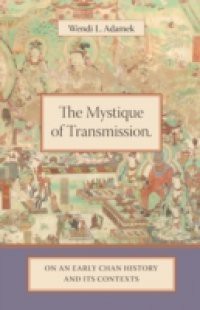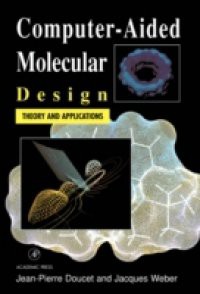Drawing on elements of progressive education, existential theory, feminist pedagogy, and values education, critical humanism combines the holistic-psychological concerns of humanistic education with the sociopolitical contextualization of critical pedagogy. Developed over the past seventeen years in one of North America's most experimental postsecondary programs, The New School of Dawson College, this theory and practice responds to both the personal and the political needs of students. Reconstructing Education is at once a review of this century's educational theories, an account of the work at the school, and an empowering illustration of the way in which schools can incite the motivation of students and encourage them to become active members in a truly democratic society.The case study chapters on The New School give concrete examples of how this philosophy is manifested in the school's methodology, structure, and pedagogy and draws heavily on the written work of teachers and students. To formulate a similar approach for a specific school, it is essential to combine a rigorous analysis of existing educational models with the dialectical process of creating and recreating a new model defined by the articulation of both learners' and teachers' affective, cognitive, and socially constructed needs. This is a valuable book for anyone concerned with alternative approaches to education and for courses on educational theory or the philosophy of education.

















